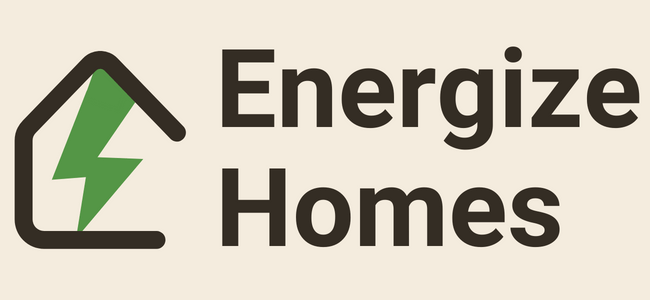How Long Does a Typical Heat Pump Last Before It Needs Replacement?
While the typical heat pump has a lifespan of 10-15 years, multiple factors like type, maintenance, and the quality of installation play a crucial role in determining its actual serviceable life.
When it comes to heating and cooling systems in homes, heat pumps are increasingly seen as an energy-efficient solution. One of the most frequent questions homeowners have is about the longevity of a heat pump system. Let’s dive into the specifics.
System Lifespan: General Estimates
In general, the lifespan of a heat pump ranges from 10 to 15 years. This estimate, however, can vary significantly depending on several factors, including the type of heat pump (air-source, water-source, or ground-source), quality of installation, and maintenance routines.
| Type of Heat Pump | Average Lifespan (Years) |
|---|---|
| Air-Source | 10-15 |
| Water-Source | 20-25 |
| Ground-Source | 25-30 |
Types of Wear and Tear
Mechanical Degradation
Over time, the mechanical components such as the compressor and reversing valve can wear out, causing inefficiencies or system breakdowns.
Refrigerant Leakage
The refrigerant cycle is the heart of a heat pump system. Leakage in the coil or refrigerant lines can compromise efficiency and require early replacement.
Electrical Failures
Corroded wires, failing capacitors, and malfunctioning relays can also lead to heat pump failures.
Maintenance is Key
Regularly scheduled preventative maintenance can extend the lifespan of a heat pump. Maintenance activities like coil cleaning, lubricating moving parts, and checking electrical connections can make a significant difference.
| Maintenance Activity | Frequency |
|---|---|
| Coil Cleaning | Annually |
| Lubricating Moving Parts | Annually |
| Electrical Checks | Bi-annually |
Energy Efficiency Over Time
Older systems gradually lose their Seasonal Energy Efficiency Ratio (SEER) and Heating Seasonal Performance Factor (HSPF) ratings. Reduced efficiency translates to higher energy costs, making replacement a financially attractive option over time.
Signs You Need a Replacement
- Frequent Repairs: If your heat pump requires more than one repair a year, it might be time to consider a replacement.
- High Energy Bills: Rising energy costs despite regular maintenance signal that your heat pump is losing its efficiency.
- Age: Once a heat pump crosses the 10-15 year mark, particularly for air-source types, the risk of imminent failure rises significantly.
Conclusion
Paying attention to mechanical wear and tear, refrigerant leakage, and electrical issues can help you extend the longevity of your heat pump system. But once you start noticing frequent repairs, inefficiency, or simply the age catching up, it may be more economical to invest in a new, more energy-efficient system.
